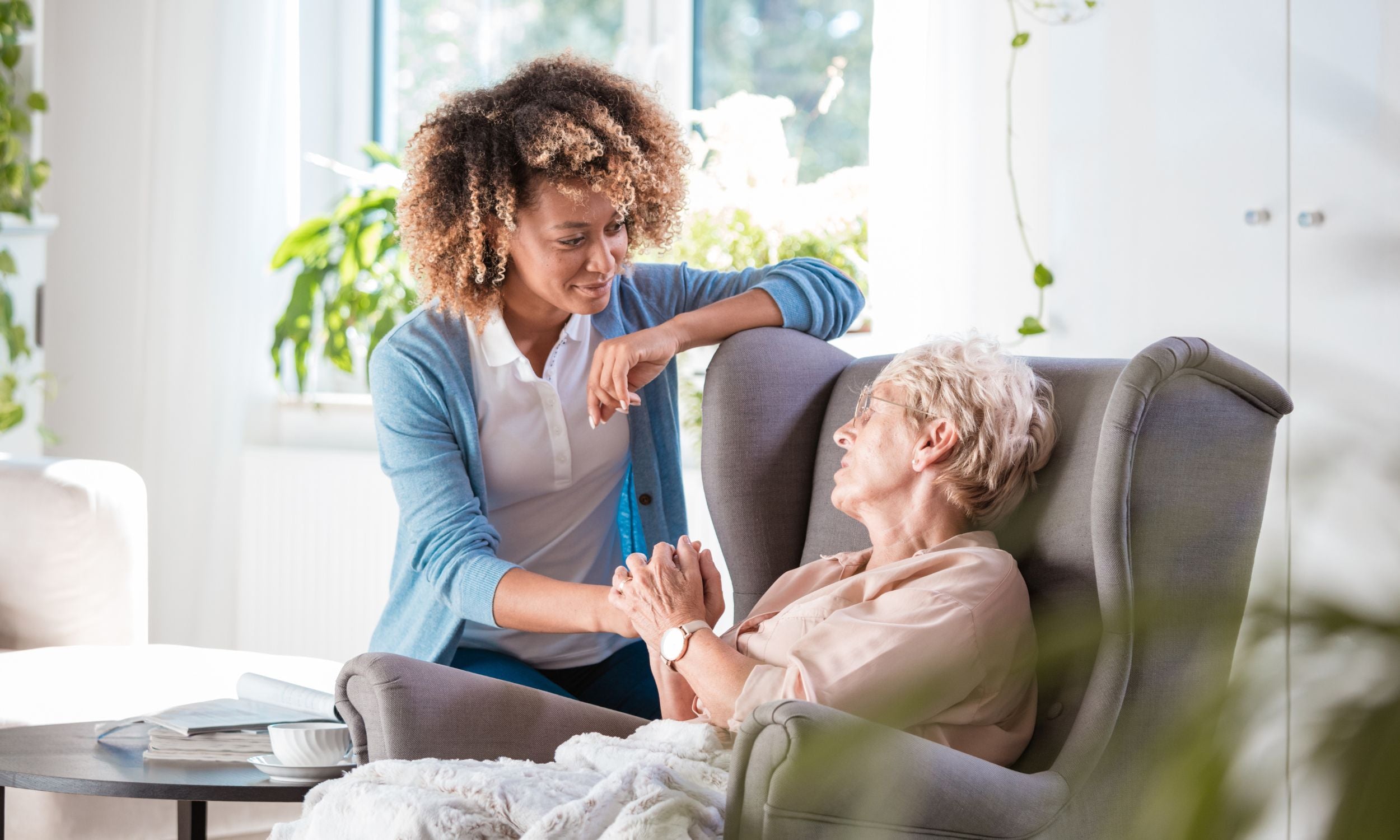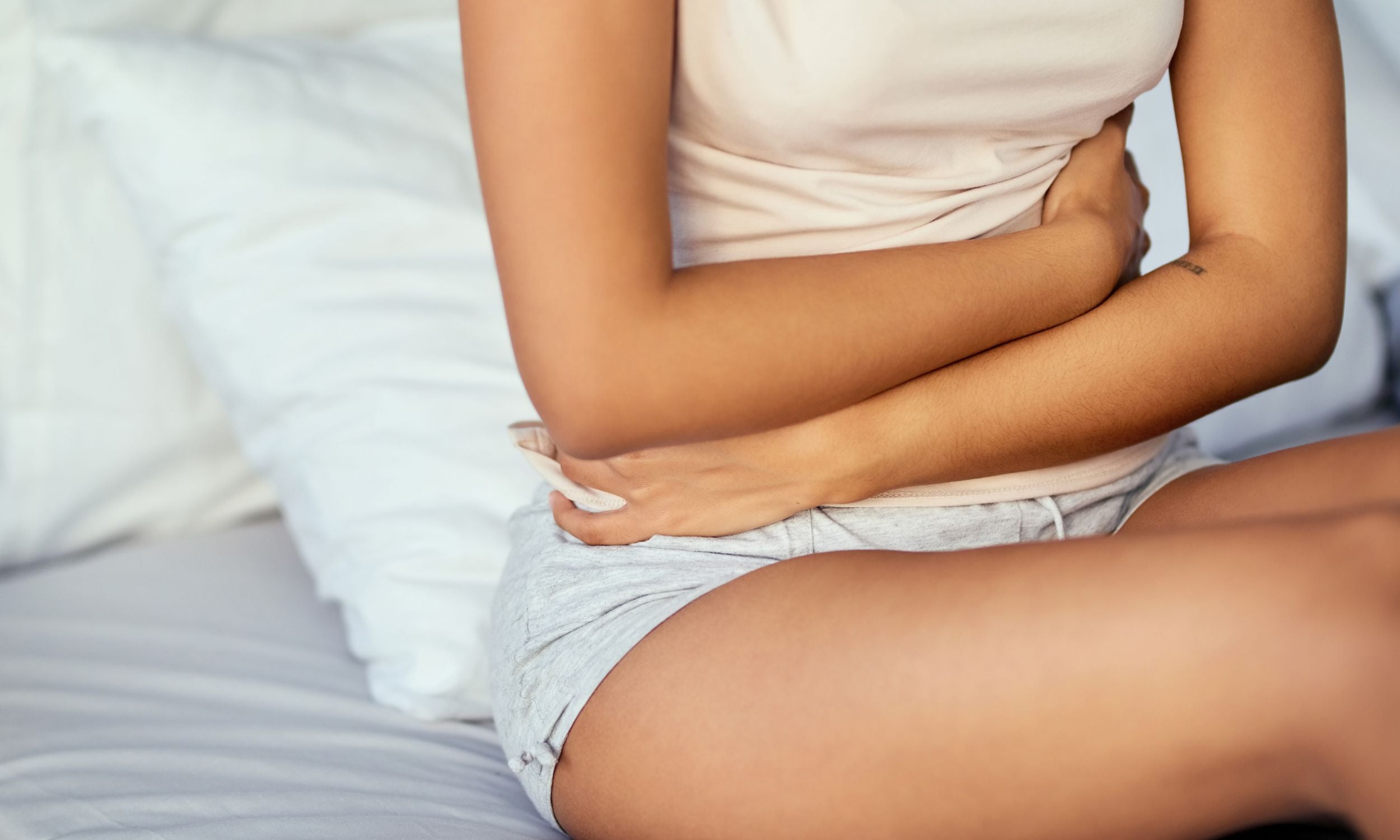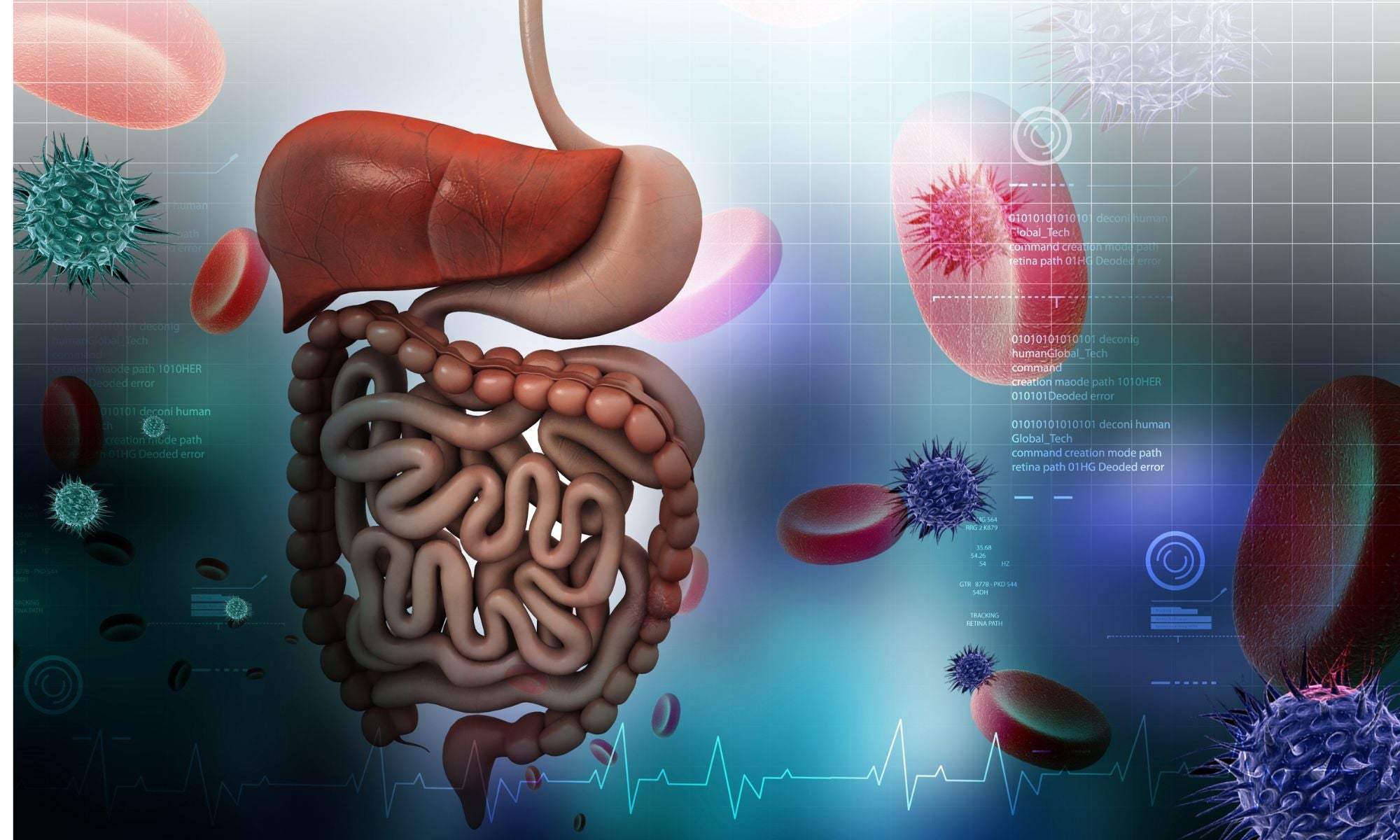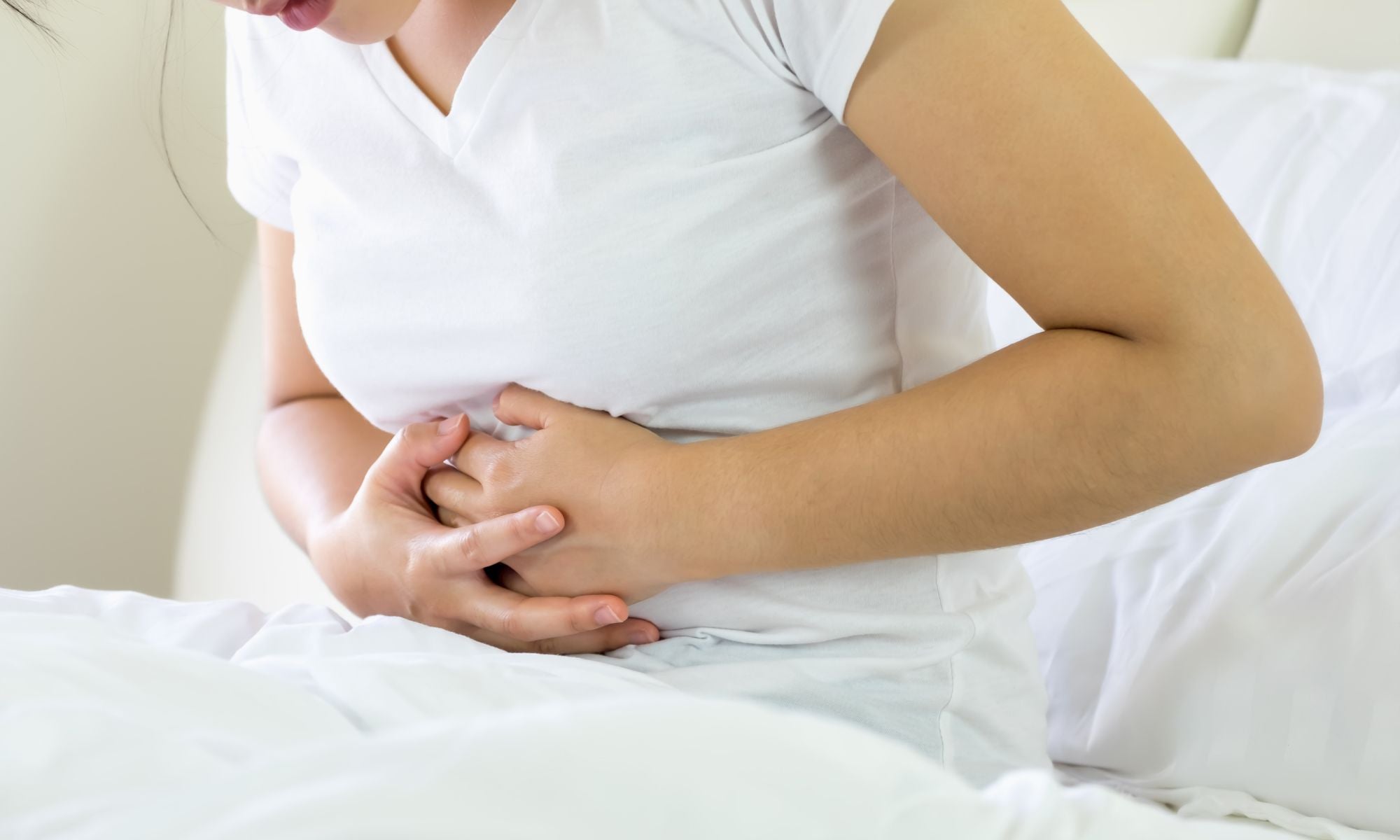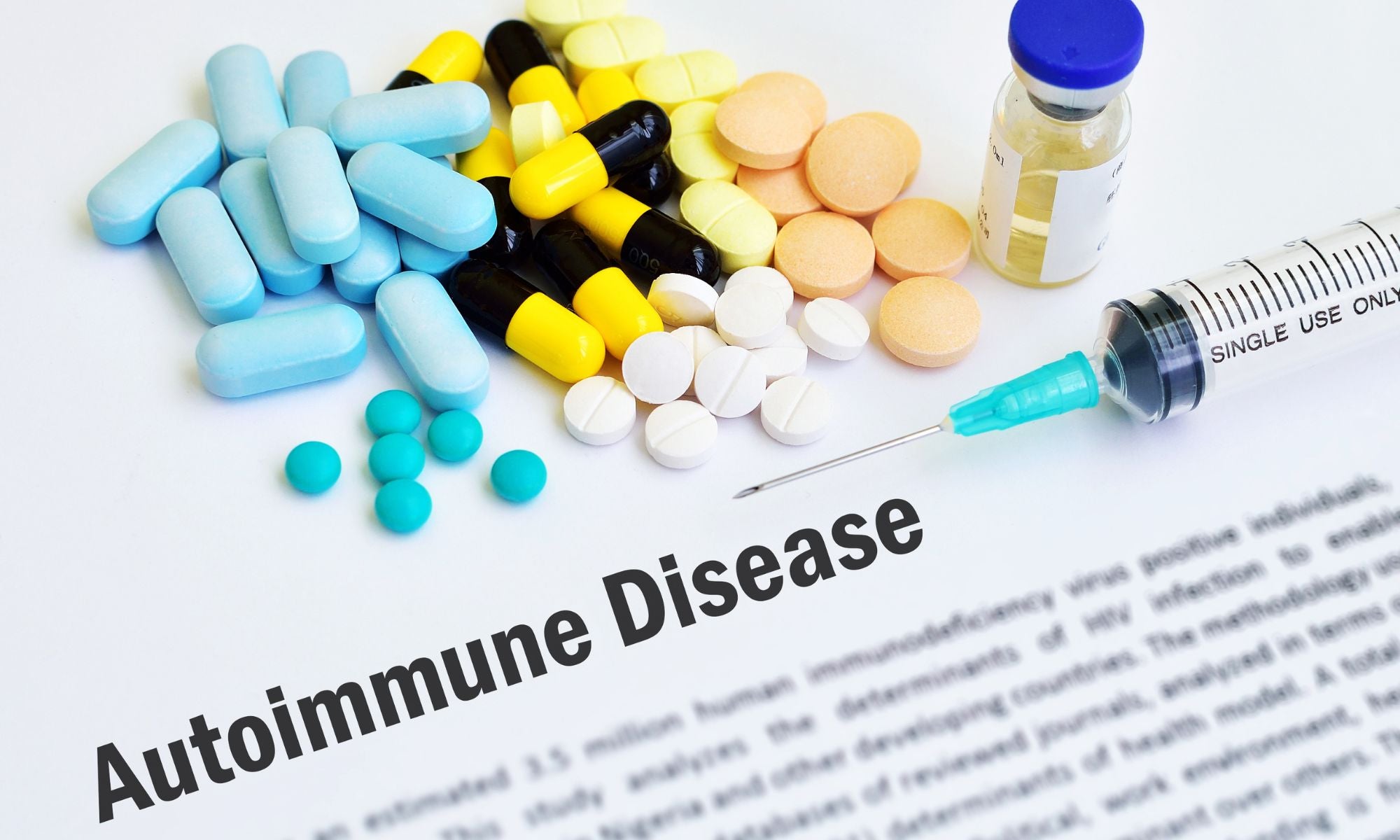
How to Prepare for a Colonoscopy
A colonoscope is a flexible tube inserted into the body to examine the rectum and colon. The primary purpose of a colonoscopy procedure is to check for signs of colon and colorectal disease.
During a colonoscopy examination, the patient's bowel movements are studied to check for signs of gastrointestinal problems, such as persistent diarrhea, abdominal pain, and passing blood. It can also identify non-cancerous growths and other conditions.
The entire colon must be visible to the camera during the procedure. Doing so will allow the health professional to check the patient's condition thoroughly.
Patients are advised to follow a specific diet and activity plan to prepare for the procedure. They should also undergo diarrhea to help prepare the area for the screening process.
Preparation
Preparing for a colonoscopy includes ensuring that the colon is clean and empty before the procedure.
A prep diet is also included to help prepare the body for the procedure. It consists of low-fiber food consumed over three to four days.
One of the other preparations that can be done before the procedure is to drink bowel-cleaning liquids commonly taken as pills or drinks. These are also known as split-dose medications. They are usually taken the night before and given again on the day of the screening.
Enemas are sometimes given before the procedure to help prepare the large intestine. This can be done for patients with constipation.
Before starting the preparation process, it is essential that patients thoroughly shop for all the necessary supplies. Aside from the food items that will be consumed during the procedure, it is also crucial that they have the products required to soothe their skin. Some products that people can purchase include alcohol-free wipes and diapers containing vitamin E or aloe vera.
Meals
One should eat a diet that is nutritious but which does not contain a lot of fiber to avoid colonic buildup. Fiber supplements can help the body produce fecal matter, which can negatively affect colon preparation.
It is also important that patients stop taking multivitamins, iron supplements, and other over-the-counter products that contain iron. Hospital staff or physicians may advise against using prescription medicine, over-the-counter products, and ibuprofen for inflammatory conditions.
Low Fiber Diet
For optimal preparation, patients must eat low-fiber food for at least three to four days before the procedure. This food can be easily digested and helps empty the colon.
Some of the most common food items that can be prepared ahead of the procedure include cooked vegetables, eggs, and fish. Other things that can be prepared include potatoes, pasta, and rice. Some refined white-flour products that can be used include baking cakes, bread, and pastries.
Minimal Solid Foods
It is recommended that patients refrain from solid food the day before the procedure. Doing so will help prevent new gastrointestinal debris from entering the colon and forming during the screening.
Certain food dyes, such as purple and red, can cause discoloration to the colon's lining, making it hard for the doctor to see during the procedure.
Pre-procedure medications
To help with the smooth passage of the stool, laxatives are commonly prescribed. Ososotic laxatives work by drawing the contents of the large intestine into the stool and softening it. These products are usually drunk in large quantities of water, and the instructions for preparing them will vary depending on the brand.
If there is any confusion regarding using these products, consult a medical expert. Since these medications keep water in the intestine, people must drink plenty of liquids.
The colon preparation is carried out to remove all the fecal matter found in the area, allowing the doctor to examine it properly. To help with the emptying of the bowel, a laxative product is usually prescribed. Enemas may also be used during the procedure.
Enemas for Bowel Cleansing
For some people, using laxatives and a particular food intake plan can help empty the bowel. However, additional assistance is needed for others, such as those with constipation. An enema may be used if the bowel is still not entirely empty after the prep.
A cleansing enema is a type of procedure included in the colon's preparation. It involves using a liquid solution that is usually water-based. This method helps to push out any remaining feces. The volume of water that is used stimulates the large intestine to move and expel the solution.
If the enema does not entirely remove the stool, it can be repeated several times. For individuals who are undergoing a colonoscopy, the doctor will determine the best option for them.
It is also possible to carry out an enema at home using a kit.
What to expect after your colonoscopy prep
When bowel movements become clear and watery, prep is complete. The colon is then cleared of obstructions, allowing the camera to view it without obstructions. The procedure usually takes 30 to 40 minutes, depending on the patient's health and diet plan.
If there are large amounts of blood or blood clots, it should be immediately brought to the doctor's attention. During a colonoscopy, the procedure may cause hemorrhoids to bleed. In most cases, a medical opinion should be obtained immediately if the bleeding appears excessive or comes from a different source.
Special Caution for people undergoing colonoscopy
Colonoscopies can be performed as outpatients, and patients can usually arrive at the clinic and return home the same day.
In most cases, sedatives help patients get ready for a colonoscopy. They are usually given to help people relax and ensure their comfort during the procedure. For certain types of sedation, it is recommended to have a friend or relative accompanying the patient to and from the hospital. Although avoiding certain activities, such as driving, is advised for a time following these drugs, the exact period depends on the medication used and the activity.
Conclusion
Colonoscopy preparation can be unpleasant, but it is necessary to guarantee that the procedure is painless and safe. It is also essential to provide the required knowledge before the process to ensure that the patient has a positive experience.

